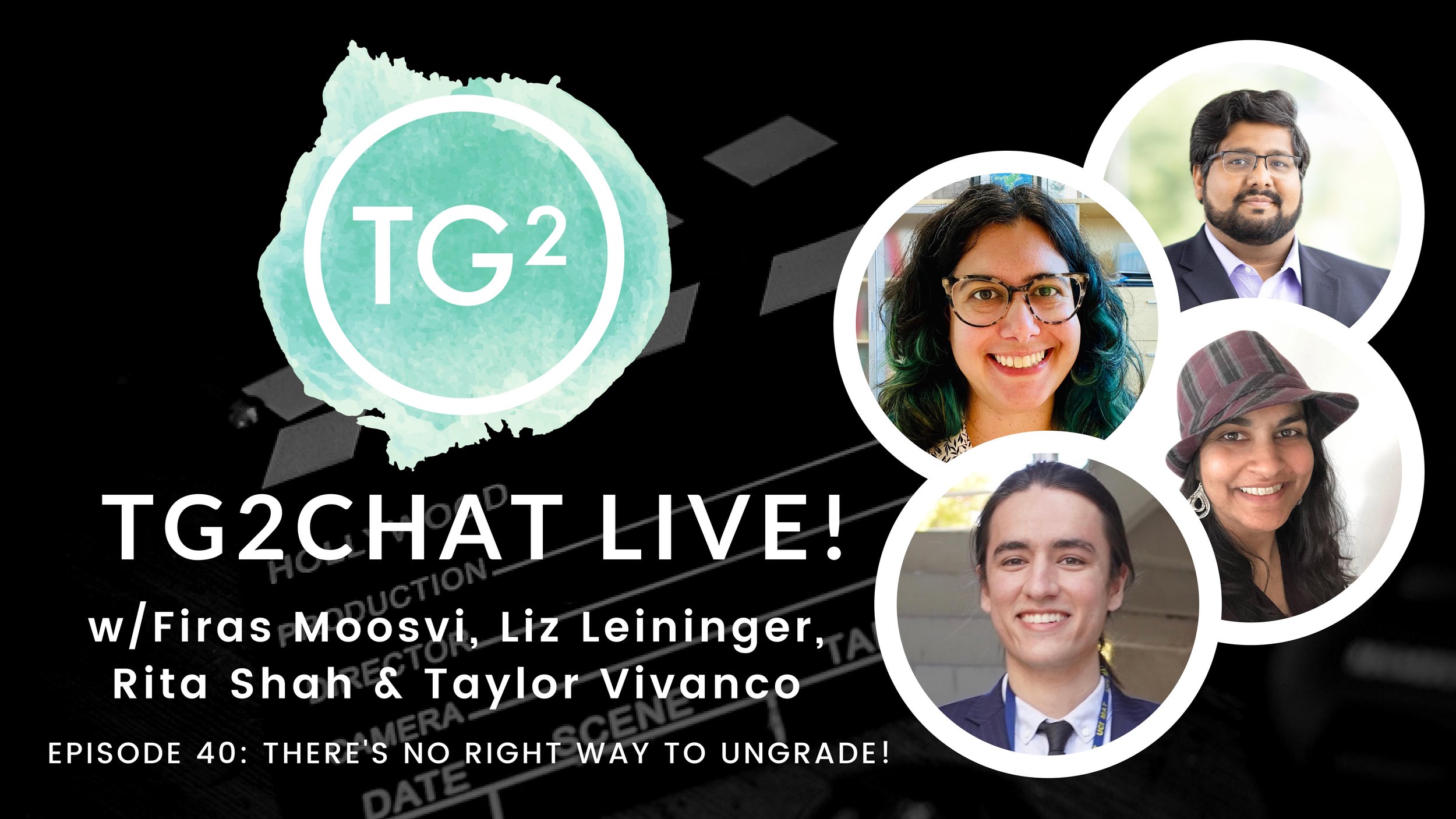Rethinking Measurement in Learning
Learning doesn't progress linearly but evolves through cycles, spirals, or starbursts, but certainly not straight lines. This fact prompts the question: What does learning truly look like? Can it be neatly categorized or quantified? Does learning elude simple definition, unfolding instead as a deeply personal journey best articulated by the learners themselves?
The Pedagogical Uncertainty Principle
In quantum physics, the uncertainty principle states that one can’t know both the speed and position of a particle. David Frangiosa considers how th concept might have parallels in pedagogy and the parallels. The more accurately we can define what we do in the classroom, the less accurately we can anticipate its potential impact. A Pedagogical Uncertainty Principle.
Beyond the Numbers: Exploring the Gradeless Classroom Experience
The traditional grading system presents numerous drawbacks and limitations, a reality that became particularly evident to Rachael Kettner-Thompson as she took on teaching high school credit recovery in Chemistry over the summer. Hearing from students who held negative self-perceptions or viewed themselves as inadequate was a stark reminder that traditional grading methods can inadvertently hinder students and take away from the fundamental purpose of school—to facilitate learning and growth.
Undoing the Grade w/Jesse Stommel
Vanessa Ellis interviews Jesse Stommel, author of Undoing the Grade: Why We Grade, and How to Stop. Originally aired as part of a special Community Gathering, the interview explores Jesse’s experiences as an ungrading teacher and how his stance is informed by larger questions of equity, care, and the humanity of both teachers and learners.
Does Going Gradeless Work?
For Rhonda Higgins, going gradeless has been a journey. From learning about the impact of a zero on a 100-point scale to implementing student-led grading conferences, Rhonda now shares with others how they can reclaim their time by giving students more accountability of their learning. “Teachers should not own 100% of the assessment process,” she writes. “By grading less, students share in the responsibility.”
We Need to Talk About Standards-based Grading
While standards-based grading purports to put the focus squarely on learning, practitioners have noted how this is not always the reality. Arthur Chiaravalli points out the ways that SBG “has at times become a stumbling block, frustrating attempts to foster cooperation, accommodate complexity, and respond to the urgent issues of our day.”
Can Standards-based Grading Grade Less?
Most would consider standards-based grading part of the gradeless continuum. But it has been easier to help people grade less in a traditionally graded system than in a standards-based one. Finding ways to address the ways in which SBG can become unmanageable is well worth our collective efforts.
There’s No One Right Way to Ungrade!
Lisa Wennerth, welcomes four trailblazing educators, whose article “Why There Isn’t One ‘Right Way’ to Practice Ungrading” posits ungrading as a fundamentally open, welcoming, and responsive practice for all—not just the elite few.
Hover-free Teaching w/Miriam Plotinsky
Miriam Plotinsky, author of Teach More, Hover Less, breaks down hover-free teaching, showing how teachers can free themselves from helicopter habits and allow students greater control of their own learning, while still maximizing learning.
The (Un)grading Spectrum
Ungrading is more of a philosophy than a single model that says “do this and your students will learn.” Chris Sarkonak explores ungrading as a spectrum of possibilities that moves us away from the harmful traditional events-based grading that most of us grew up with.
The Ungrading Umbrella
While there is plenty of variety under the ungrading umbrella, we have more commonalities than differences. We all agree the current system needs to change, and we all recognize the way grading is intertwined with many other dimensions of pedagogy.
Go Out on the Branch w/Jay Percell
Jay Percell is an Associate Professor of Teaching and Learning at Illinois State University, an author of several academic essays, and a TEDx speaker. Michelle Cottrell-Williams hosts as Jay shares his reasons for moving away from traditional grades and toward a classroom where learning, improvement, and growth is the focus.












